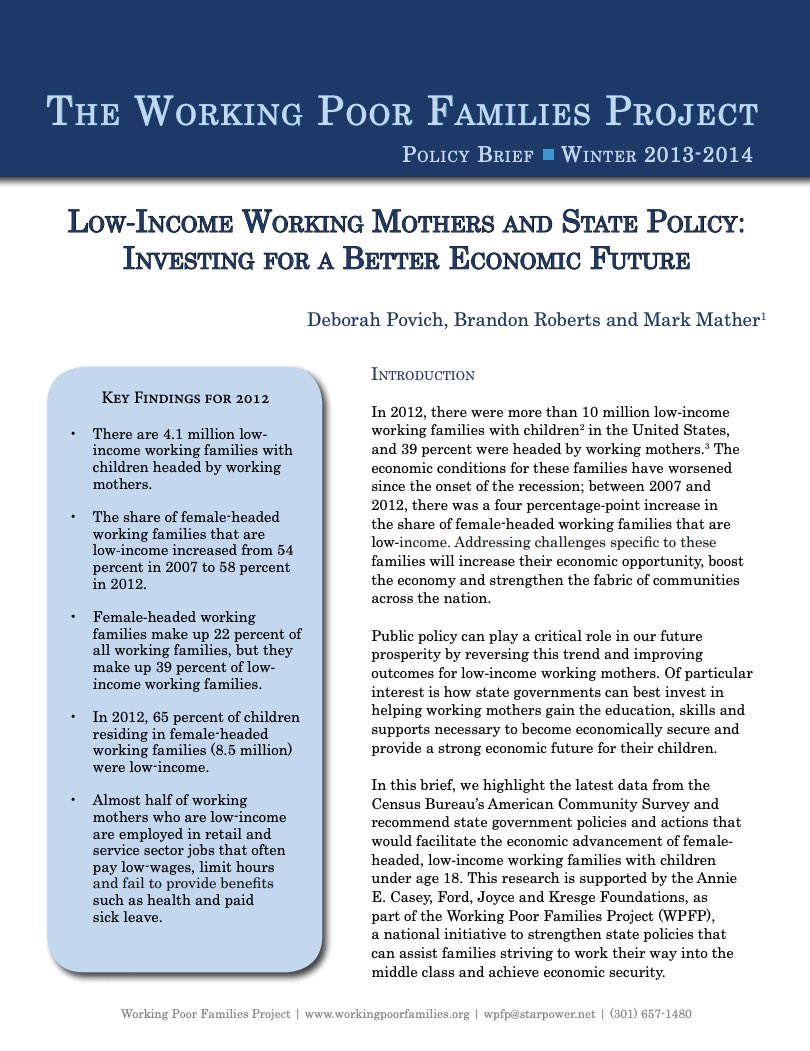400 Search Results Found For : "%E5%B9%BF%E5%B7%9E%E5%BC%80%E5%88%A9%E7%A9%BA%E8%B0%83%E5%92%8C%E7%89%B9%E7%81%B5%E7%A9%BA%E8%B0%83%E5%BE%AE%E4%BF%A1%E5%8F%B7%EF%BC%9AGU-2015"

Project: Working Poor Families Project
Policy Brief. Low-income Working Mothers And State Policy
U.S. working mothers have had a hard time in recent years: Between 2007 and 2012, the share of female-headed working families that are low-income increased from 54 percent to 58 percent, according to a Population Reference Bureau (PRB) analysis of data from the U.S. Census Bureau's American Community Survey.
Ethiopia Makes Progress Toward a Demographic Dividend
Over the last two decades, Ethiopia has experienced an impressive decline in fertility, enjoyed strong economic growth, and made great strides in poverty reduction.

Changing Race and Ethnicity Questions on the U.S. Census Form Reflect Evolving Views
Census questions about race and ethnicity have evolved over time, as have Americans’ views about racial and ethnic identification.

LGBTQ Youth and Young Adults Are Coming Out Into a Polarized Environment—and Finding Valuable School and Community Support
Naming the vulnerability and discrimination LGBTQ youth face can be a starting point for adults and institutions that support youth—and youth themselves—to act for change.

Project: Center for Public Information on Population Research (CPIPR)
Taxes, Health-Warning Labels May Help Limit Consumption of Sugary Beverages and Improve Health
(2020) To combat obesity and diabetes, lawmakers in a number of U.S. cities have taxed sodas, sports drinks, and sweetened tea, and many are now considering health warning labels.

Pourquoi de meilleures politiques de soins sont importantes pour l’égalité des sexes et pour l’économie
En cette Journée internationale des femmes, nous examinons l'impact du travail de soins domestiques non rémunéré sur les femmes et les filles, ainsi que sur l'économie mondiale, et comment PRB et CREG contribuent à la réflexion sur cette question urgente.

Why Better Care Policies Matter for Gender Equality and the Economy
This International Women’s Day, we’re looking at the impact of unpaid care work on women and girls and the global economy—and how PRB and CREG are helping address this urgent issue.
